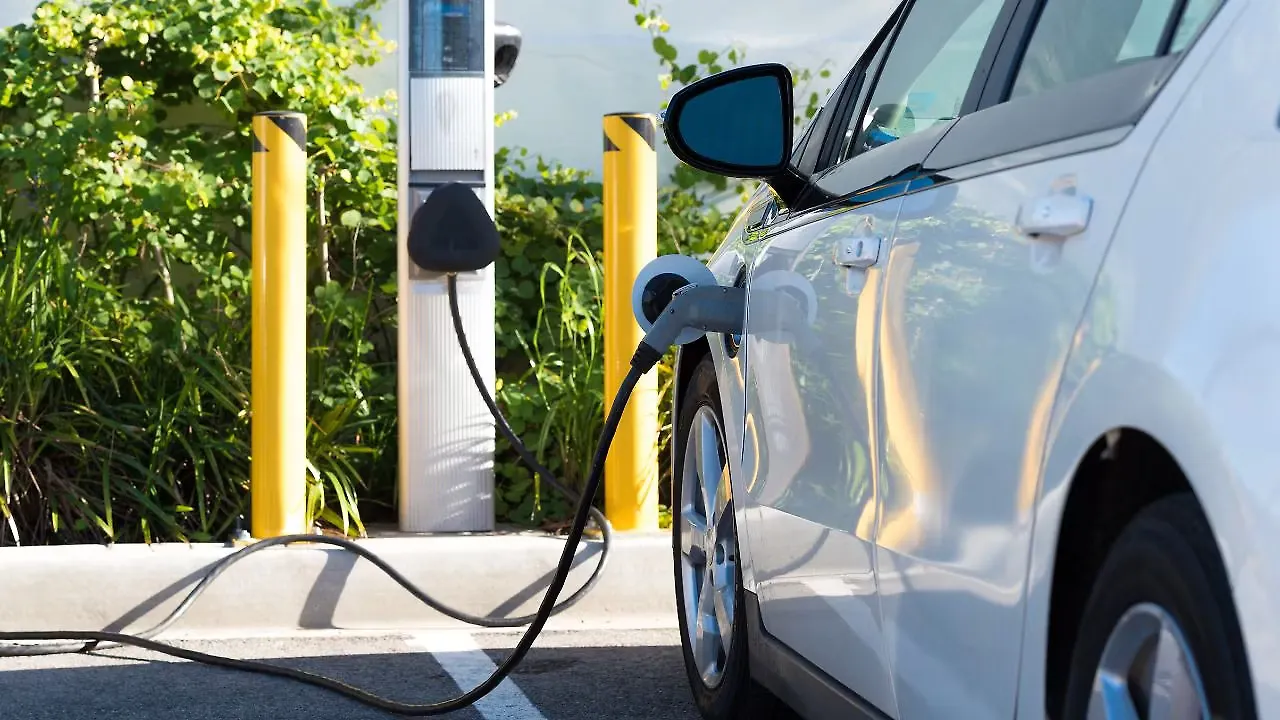
A recent study by research institute infas, commissioned by Continental, offers a deep dive into evolving automotive preferences and mobility trends across five countries—Germany, China, France, Japan, and the USA.
Surveying over 5,000 people, this comprehensive report presents fresh insights into the changing perceptions of cars, technological innovations, and the future of electric mobility, revealing intriguing trends, especially among younger drivers.
Youth Embrace Cars As Status Symbols Once Again
The survey highlights a significant shift among younger drivers in Germany, with 54% of respondents under 34 years old viewing cars as status symbols. This marks a stark contrast to a 2017 survey by Horizont, where only 25% of younger Germans felt this way. The perception of cars as prestige items is stronger among urban youth (67%), compared to those in rural areas (49%). Despite considering cars just one of many transport options, younger generations maintain an emotional attachment to vehicles, signalling evolving values in car ownership.
Technological Appeal: From Autonomous Driving To AI Companions
The study also reveals that younger drivers are particularly enthusiastic about integrating new automotive technologies. Around 65% of respondents aged 18 to 34 support the development of highly automated and autonomous driving. Similarly, AI-powered voice assistants are becoming popular, with 74% of younger respondents desiring these digital companions in cars. These assistants are expected to offer features like navigation, parking assistance, and entertainment, redefining user experiences. Meanwhile, interest in large infotainment displays is nearly universal, with 81% of German respondents favoring expansive screens for vehicle data, navigation, and music.
Hybrid Vehicles
Despite widespread discussions around electric vehicles (EVs), the report indicates that hybrids remain the preferred choice across all five countries surveyed. In Germany, 48% of respondents without an EV expressed interest in hybrid vehicles as their next purchase, compared to only 3% who currently own an all-electric car. The potential for hybrids to bridge the gap to full electrification is evident, as 43% of current hybrid drivers plan to switch to an all-electric vehicle in the future.

E-Mobility Faces Obstacles
The shift towards electric vehicles (EVs) faces hurdles, particularly in Germany, where only 3% of respondents own an EV. While 64% of younger drivers show interest in going electric, this enthusiasm tapers off among older respondents. Barriers to adoption include high costs, limited charging infrastructure, and range anxiety, with 65% linking their EV purchase decision to government subsidies. This dependency reflects broader concerns about mobility affordability amid rising energy prices, with 71% of respondents fearing that driving may become unaffordable in the near future.
Sustainability Takes Centre Stage
The survey reveals growing support for sustainable mobility, with 80% of respondents expecting policymakers to ensure eco-friendly transportation without steep costs. Around 73% agree that prices for environmentally friendly cars must fall. Younger drivers, however, are more willing to pay a premium for sustainable vehicles, provided they are carbon-neutral in production and operation. Additionally, sustainable tyre solutions are gaining traction, with 84% of German drivers valuing recycled materials in tyres. Among 25 to 34-year-olds, 65% would pay more for tyres made from renewable materials, underscoring their commitment to eco-friendly alternatives.
The findings of the Continental Mobility Study 2024 present a nuanced picture of mobility trends across generations and regions. While younger Germans are embracing cars as status symbols and showing enthusiasm for new technologies, the shift towards electric mobility remains tentative, influenced by cost, infrastructure, and government incentives.
The study offers valuable insights into how different age groups view future mobility, with younger generations driving demand for hybrid technology, digital innovations, and sustainable solutions. As automotive manufacturers and policymakers navigate these evolving consumer preferences, the report underscores the importance of adapting strategies to meet emerging demands in the rapidly changing mobility landscape.
Also Read: